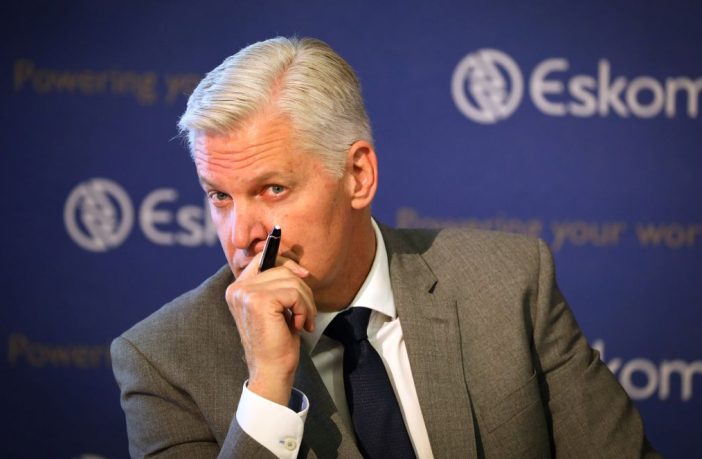- South Africa’s state owned energy utility, Eskom, has reached an agreement on the 2022 wage talks with the three recognised labour unions.
- This brings the Central Bargaining Forum (CBF) talks and the damaging, disruptive and costly wage dispute to an end, paving the way for a full return to work of all employees.
- At the same time, the beleagured utility announced today that Stage 5 loadshedding will be implemented on Wednesday and Thursday afternoons, with varying stages implemented for the rest of the week.
A 7% salary across the board increase for all the employees covered in the CBF will be applied for the year starting 01 July 2022 to 30 June 2023. For this period the housing allowance will increase by R400 per month. With effect from July 2022 Eskom has agreed to re-instate the conditions of service which applied during the agreement in force until 30 June 2021.
The overall effect of this agreement on the wage bill will be more than R1 billion over the period of the agreement. This of course will be a struggle for Eskom to afford. Eskom recorded debt of R392.1 billion in 2021 and incurred R16.6 billion in finance costs to service the debt. Read more
Eskom has emphasized that as a result of the strike, maintenance work has had to be postponed, and this backlog will take time to clear.
Following this agreement, the National Union of Mineworkers (NUM), the National Union of Metalworkers of South Africa (NUMSA) and Solidarity have urged their members to return to work immediately.
Eskom currently has 2754MW on planned maintenance, while another 16807MW of capacity is unavailable due to breakdowns.
Author: Bryan Groenendaal















